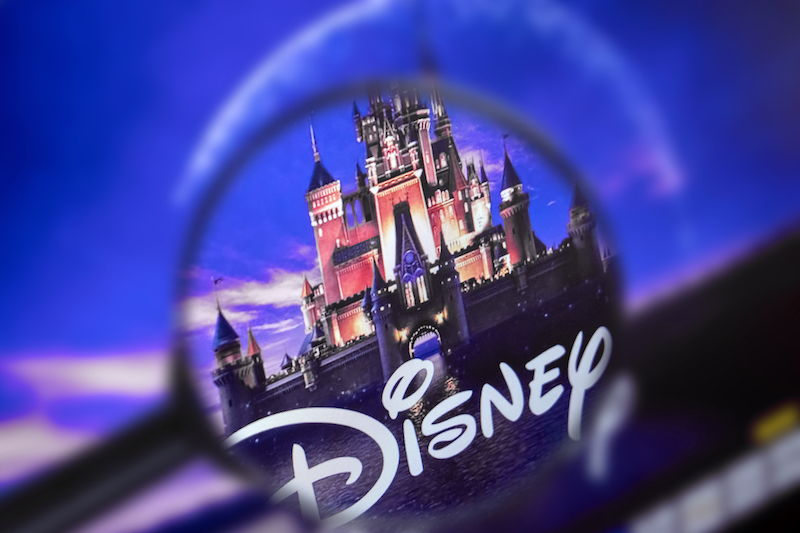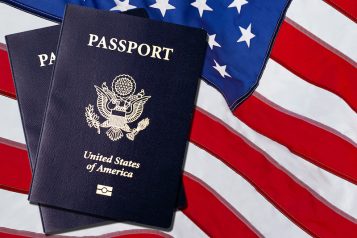 Photo Credit: Shutterstock
Photo Credit: Shutterstock
A wrongful death lawsuit involving Walt Disney Parks and Resorts has underscored the importance for consumers to carefully read the terms and conditions when subscribing to streaming services or downloading smartphone apps.
The lawsuit was filed by the family of a New York woman who tragically passed away after dining at a restaurant in Disney Springs, a shopping and entertainment district owned by Disney in Florida. Disney is arguing for the lawsuit’s dismissal, claiming that the woman’s husband, a former trial subscriber to the Disney+ streaming service, had agreed to resolve all legal disputes through arbitration, a condition included in the service’s terms.
These terms, often hastily agreed to by users who click “I agree” when accessing digital services, are typically non-negotiable and heavily favor the service providers, according to John Davisson, Director of Litigation at the Electronic Privacy Information Center.
“The consumer is presented with this contract and really doesn’t have an opportunity to negotiate the terms,” said Davisson. “It’s yes or no.”
Details of the Case
The family of Kanokporn Tangsuan, a 42-year-old physician from New York, claims that she suffered a fatal allergic reaction after eating at Raglan Road, an Irish pub located in Disney Springs. The lawsuit alleges that Tangsuan, who was highly allergic to nuts and dairy products, informed the server of her condition multiple times and was assured that the food was allergen-free. However, shortly after dining, Tangsuan experienced severe breathing difficulties, collapsed while shopping, and was pronounced dead at the hospital. The medical examiner’s report attributed her death to anaphylaxis caused by elevated levels of dairy and nuts.
Disney’s Defense
In response, Disney issued a statement expressing their condolences to the family while clarifying that the pub in question is independently owned and operated, and not by Disney. More importantly, from a legal standpoint, Disney’s defense is based on the arbitration agreement tied to the Disney+ subscription service. They argue that Jeffrey Piccolo, Tangsuan’s husband, had consented to resolve all legal disputes via arbitration upon signing up for a Disney+ trial in 2019.
Disney’s legal team highlighted the agreement’s stipulation:
“The first page of the Subscriber Agreement states, in all capital letters, that ‘any dispute between You and Us, Except for Small Claims, is subject to a class action waiver and must be resolved by individual binding arbitration’.”
Arbitration is a process allowing disputes to be settled outside of court, involving a neutral arbitrator who reviews the case before rendering a binding decision. Piccolo’s attorney has contested the applicability of this agreement, calling it “absurd” to assume that Disney+ subscribers have irrevocably waived their rights to sue Disney and its affiliates for unrelated incidents.
Consumer Protection Insights
Given the complexity and breadth of such agreements, it is challenging for consumers to fully understand the legal implications. Davisson advises consumers to support policymakers and regulatory bodies who are working to address these issues. Historically, the Federal Trade Commission (FTC) has supported the concept of disclosure terms favoring companies. However, there appears to be a growing acknowledgment among regulators that these agreements are often too convoluted for the average consumer to decipher.
“It is literally impossible for consumers to read and interpret and fully understand all of the contracts that they’re being asked and expected by the law to agree to and abide by as they go about their day,” Davisson noted, emphasizing the challenges posed by the digital age, where users interact with numerous platforms and services daily.



















